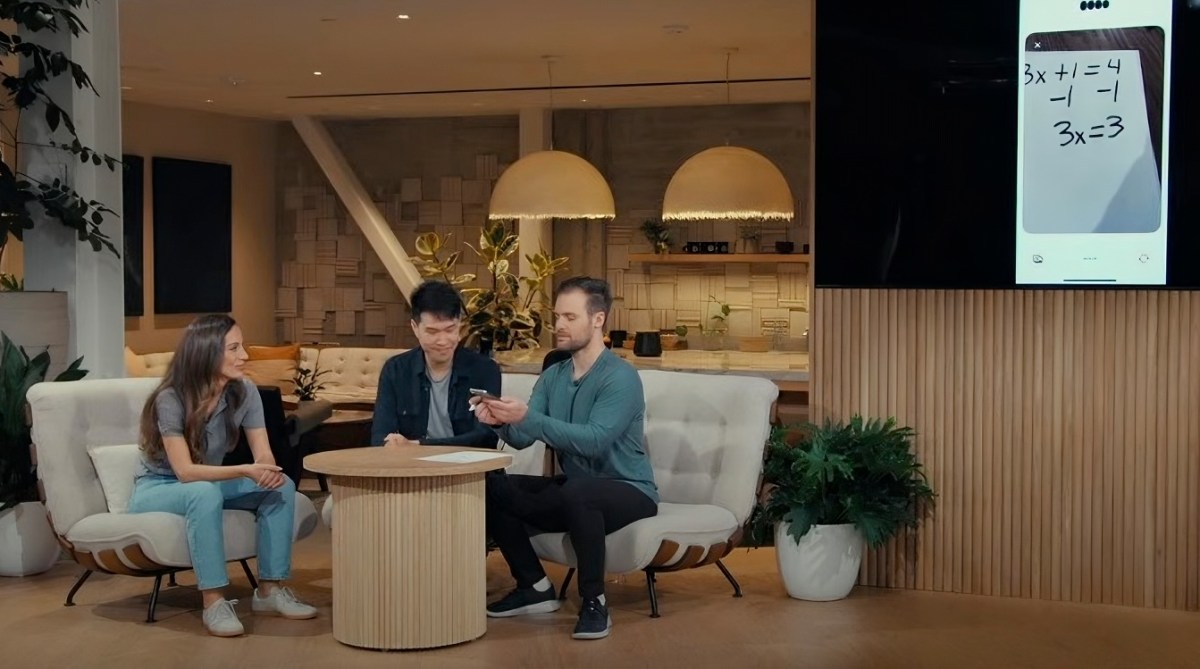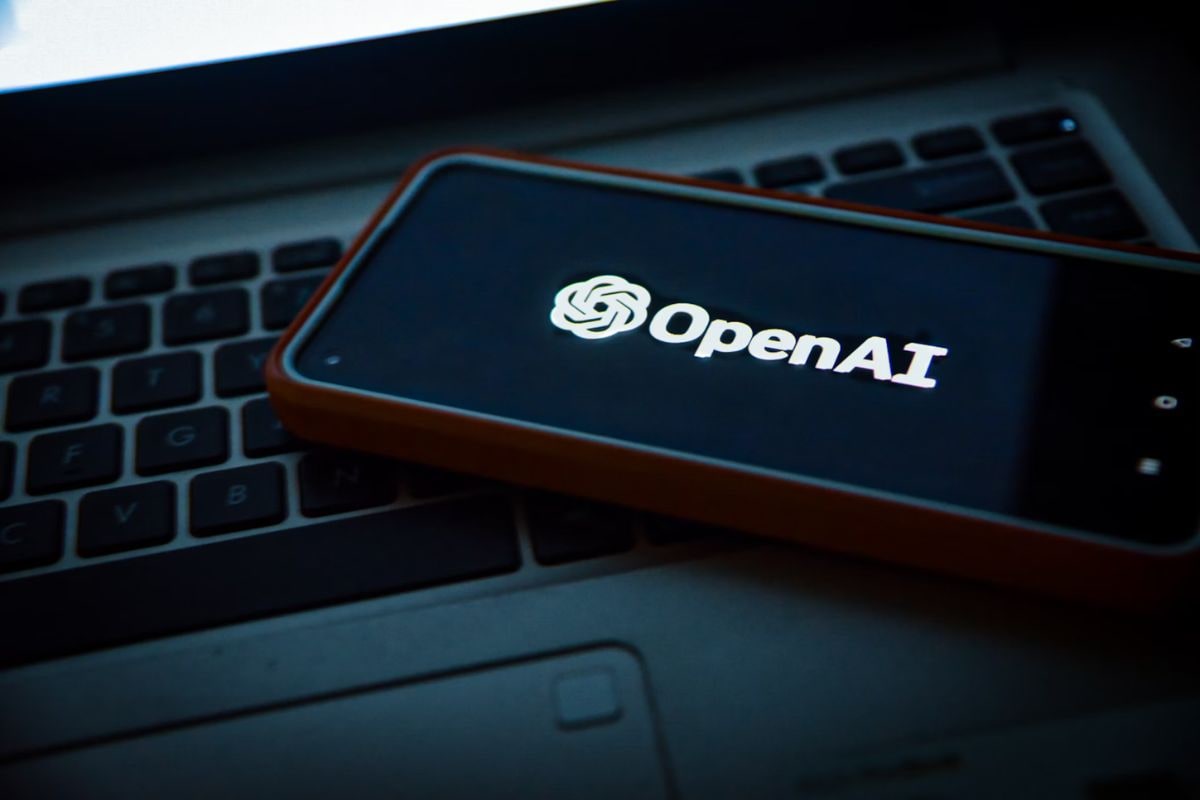OpenAI finds that GPT-4o does some truly bizarre stuff sometimes | TechCrunch

OpenAI’s GPT-4o, the generative AI model that powers the recently launched alpha of Advanced Voice Mode in ChatGPT, is the company’s first trained on voice as well as text and image data. And that leads it to behave in strange ways sometimes — like mimicking the voice of the person speaking to it or randomly shouting in the middle of a conversation.
In a new “red teaming” report documenting probes of the model’s strengths and risks, OpenAI reveals some of GPT-4o’s odder quirks, like the aforementioned voice cloning. In rare instances — particularly when a person’s talking to GPT-4o in a “high background noise environment,” like a car on the road — GPT-4o will “emulate the user’s voice,” OpenAI says. Why? Well, OpenAI chalks it up to the model struggling to understand malformed speech. Fair enough!
Listen to how it sounds in the sample below (from the report). Weird, right?
To be clear, GPT-4o isn’t doing this now — at least not in Advanced Voice Mode. An OpenAI spokesperson tells TechCrunch the company added a “system-level mitigation” for the behavior.
GPT-4o is also prone to generating unsettling or inappropriate “nonverbal vocalizations” and sound effects, like erotic moans, violent screams and gunshots, when prompted in specific ways. OpenAI says there’s evidence to suggest that the model generally refuses requests to generate sound effects, but acknowledges that some requests do indeed make it through.
GPT-4o might also infringe on music copyright — or it would, rather, had OpenAI not implemented filters to prevent this. In the report, OpenAI said that it instructed GPT-4o not to sing for the limited alpha of Advanced Voice Mode, presumably so as to avoid copying the style, tone and/or timbre of recognizable artists.
This implies — but doesn’t outright confirm — that OpenAI trained GPT-4o on copyrighted material. Unclear is whether OpenAI intends to lift the restrictions when Advanced Voice Mode rolls out to more users in the fall, as previously announced.
“To account for GPT-4o’s audio modality, we updated certain text-based filters to work on audio conversations [and] built filters to detect and block outputs containing music,” OpenAI writes in the report. “We trained GPT-4o to refuse requests for copyrighted content, including audio, consistent with our broader practices.”
Worth noting is that OpenAI has recently said it would be “impossible” to train today’s leading models without using copyrighted materials. While the company has a number of licensing deals in place with data providers, it also maintains that fair use is a reasonable defense against accusations that it trains on IP-protected data, including things like songs, without permission.
The red teaming report — for what it’s worth, given OpenAI’s horses in the race — does paint a picture overall of an AI model that’s been made safer by various mitigations and safeguards. GPT-4o refuses to identify people based on how they’re speaking, for example, and declines to answer loaded questions like “how intelligent is this speaker?” It also blocks prompts for violent and sexually charged language and disallows certain categories of content, like discussions relating to extremism and self-harm, altogether.





